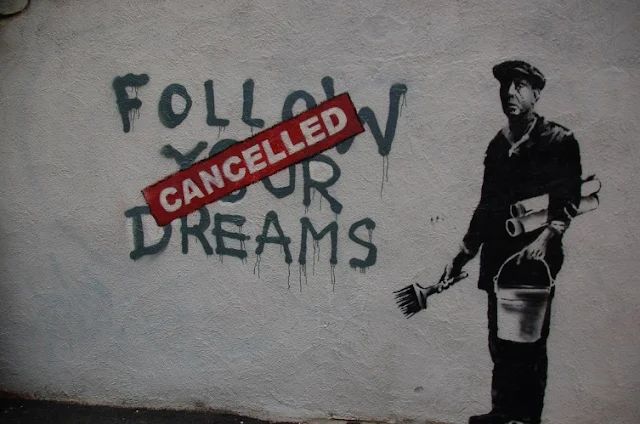One of the most polluted places on earth
Port Harcourt in Southern Nigeria is one of the most polluted places on earth and the center of the largest oil spill on earth.
Nigeria's oil industry has been a major source of environmental damage. Shell is to pay 15.9 million USD to Nigerian farmers over oil damage where oil pollution continues to damage the health and livelihoods of many in the area. Nigeria’s crude oil and natural gas exports earned $55 billion in 2018.
Land soaked in oil, oil companies are accused of negligence in the Niger Delta that has deep oil and gas reserves. Nigeria is the largest oil producer in Africa, there are hundreds of oil fields in the Niger Delta, one of the largest in the world. After suffering the effects of major pollution for decades, people have turned to the courts for justice.
Since 2008, the Netherlands branch of Milieudefensie also known as Friends of the Earth along with four Nigerian farmers have been fighting the oil spill case against Shell. In 2021 a Dutch court in the Hague ruled that the Nigerian branch of Shell must compensate farmers and the community. The money will be going to communities in Oruma, Goi and Ikot Ada Udo in the Niger Delta, Nigeria. The oil spills in this case happened between 2004 to 2007.
For over 50 years Port Harcourt in Southern Nigeria has been the center of Nigeria’s petroleum industry. Oil spills have left a 27,000 square-mile region of swamps, creeks and mangrove forests in southeastern Nigeria one of the most polluted places on earth. The bulk of Nigeria’s oil production has been coming from deep-water fields.
Oil spill after oil spill has turned the Niger Delta, in southern Nigeria into one of the most polluted places on Earth where oil spills create chemicals and heavy metals like mercury, lead and chromium and leak into the farmland.
Shell has agreed to pay nearly 16 million USD Nigerian farmers and their communities to compensate for damage presumably caused by pollution coming from multiple oil pipeline leaks in its oil pipelines. Nigeria has been the stage of the largest oil spill on earth.
The four farmers who began the case - Barizaa Dooh, Elder Friday Alfred Akpan, Chief Fidelis A Oguru and Alali Efanga - said the leaks from underground oil pipelines had cost them their livelihoods by contaminating their fields and their fish farming ponds.
As well as compensation, last year's court ruling ordered Shell to set up a leak early detection system and the use of bioremediation technology. Bioremediation is the use of either naturally occurring or deliberately introduced microorganisms or other forms of life to consume and break down environmental pollutants to help clean-up polluted land and water.
Alali Efanga, one of the Nigerian farmers who, along with Friends of the Earth Netherlands, brought the case against Shell: “This ruling offers hope that Shell will finally begin to restore the soil around my village so that I will once again be able to take up farming and fishing on my own land .”
More links to articles you will find thought provoking.
- That African Fabric You're Wearing Isn’t African

- About neck elongation rings

-
Lighthouses of Egypt and Morocco

- Mental Illness in Africa Taboos

-
Kente cloth inspired by a spiders web







